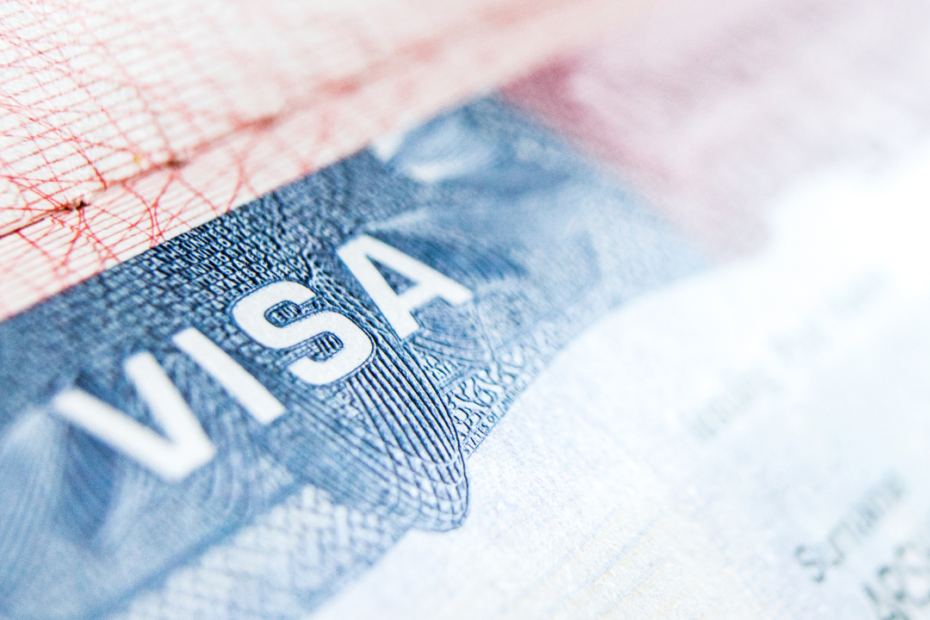Immigration is a multifaceted and delicate issue shaping societies and politics around the globe. Individuals cross borders to chase better prospects, safety, and a fresh start. But this dream can turn nightmarish with criminal charges. The convergence of criminality and immigration brings about a tangled mix of laws, regulations, and feelings, deeply affecting people and their families.
The Pull of Fresh Opportunities
People often choose to immigrate driven by hope and ambition. They leave familiar places and loved ones to embark on an unknown journey. The hope of a better life inspires them to face risks and endure struggles. But what if this dream crumbles due to criminal accusations?
The Collision of Legal Realms
Immigration law and criminal law are two separate fields, each with its own rules and results. When they meet, a complicated legal maze emerges, where a wrong step can have serious consequences.
For some, criminal charges in their home country lead to problems with visas or entry. For others, criminal charges appear after arrival, threatening their status and possibly leading to deportation. It’s important to hire a reputable legal firm, like U.S. Law Center, who can help you to navigate this maze.
The Fight for Fair Treatment
When facing criminal accusations, people must grapple with the fundamental idea of fair treatment. Fair trials, legal help, and presumed innocence are crucial. Yet, for immigrants, reaching these rights can be challenging.
Obstacles like language, culture, and limited resources often hamper immigrants’ ability to understand the legal process. Without adequate support, they risk severe penalties or deportation, even for minor offenses.
Criminal Charges That May Likely Prevent Immigration:
- Aggravated Felonies: e.g., murder, rape, drug trafficking.
- Crimes Involving Moral Turpitude (CIMT): e.g., theft, fraud, assault.
- Drug Offenses: e.g., trafficking, possession with intent to distribute.
- Domestic Violence Offenses: e.g., domestic violence, child abuse.
- Human Trafficking: Involvement in human trafficking or related offenses.
- Terrorism and National Security Offenses: Terrorism-related or national security threats.
Criminal Charges That May Not Necessarily Prevent Immigration:
- Misdemeanors: Some non-violent offenses.
- Petty Offenses: Minor traffic violations, public disturbances.
- Juvenile Offenses: Juvenile delinquency or minor crimes as a minor.
- Non-Serious Crimes: Minor drug possession for personal use.
- Political Offenses: Crimes related to political activities or protests.
Of course, we must stress that rules differ from country to country. Also, every case will be assessed individually, so the examples mentioned above shouldn’t be taken as a definitive answer for your situation.
The Emotional Impact
Behind every immigration-related criminal case is a personal story, filled with deep emotions. Families break apart, lives are wrecked, and futures become unclear. The emotional cost can be overwhelming, leaving lasting wounds.
Parents fret over their children, torn by love for their homeland and the hope for a better future elsewhere. Children, possibly unaware of another home, fear upheaval and adjusting to unfamiliar surroundings. The pain and stress reach everyone involved.
The Challenge of Rehabilitation
Within the quest for a just legal system, rehabilitation is a core concept. But with immigration involved, the question is: Can a person be truly rehabilitated if they face deportation?
The answer isn’t simple and varies by case. Some argue deportation denies redemption, while others feel certain crimes justify immediate removal. Balancing rehabilitation with public safety is a daunting task for lawmakers and judges.
The Deportation Apparatus
Nations wrestle with aligning their immigration controls with compassion and humanity. The machinery of deportation is ever-present, applied with varying stringency across countries.
Some feel strict enforcement is vital to protect borders and uphold law and order. Others plead for more empathy, recognizing the unique circumstances of each situation.
Support for Immigrants
Given these complications, several support groups and organizations exist to help immigrants facing criminal charges. They offer legal help, language support, and emotional assistance.
Through these efforts, tales of resilience, hope, and bravery shine through. Immigrants persist in their fight for their rights and dreams.
Conclusion
The interplay between criminal accusations and immigration is a nuanced dance linking countless lives with the laws and rules of countries. Though the system may seem overwhelming and unjust, compassion, understanding, and support offer hope.
As we try to grasp this complex relationship, it’s vital to remember the humans behind each case, with their dreams, fears, and hopes. By fostering empathy and working for a fairer system, we can aim for a balance that maintains justice and honors the dignity and humanity of everyone. Together, we can craft a world where immigration and justice live in harmony, forging a more welcoming and inclusive future for all.
